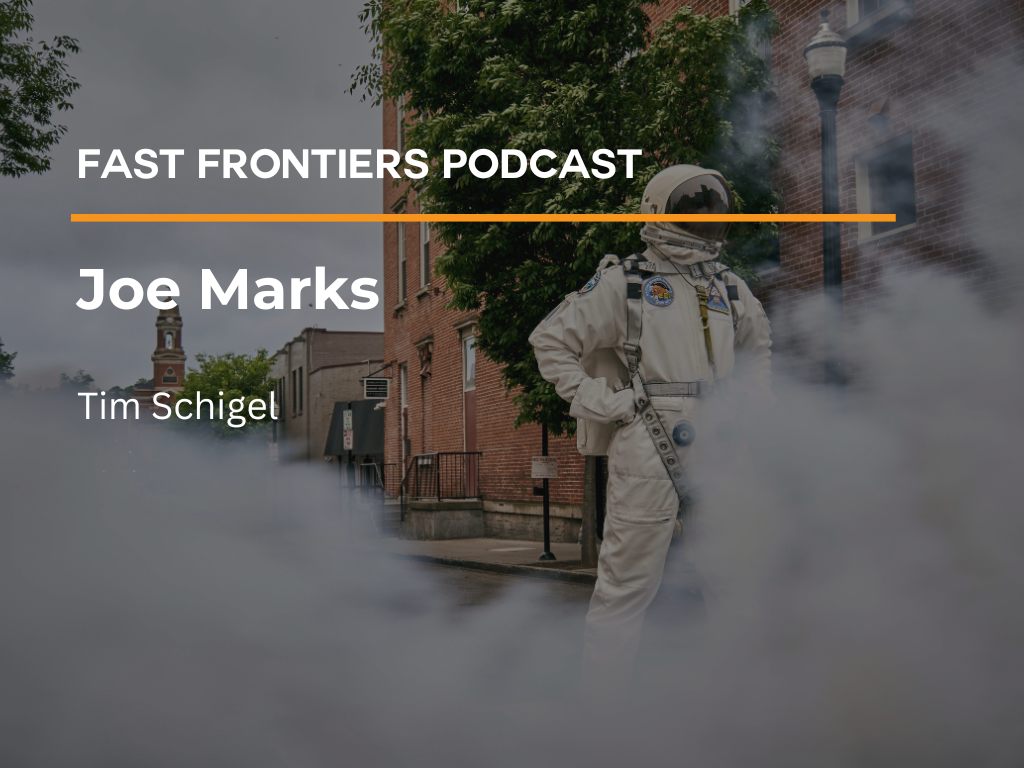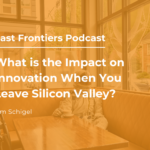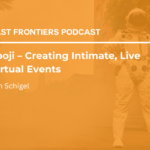I was recently gifted some time to converse with Dr. Joe Marks, who serves as Executive Director of the Center for Machine Learning and Healthcare at Carnegie Mellon University in Pittsburgh. And although he has a Ph.D. and multiple other degrees (all of which are from Harvard), this doctor humbly declares that he is “just a regular Joe”—thus insisting that is how I address him for this interview.
Now I feel Joe deserves a lot more credit, but in honor of his wishes (and because we’re friends and I just really like him), I deferred to Joe’s goodnatured demand. I started our interview by asking Joe to share a bit about what he does and how he got to where he is today.
Now, Joe, you’ve been involved in applied computing and research in multiple industries, including doing work for Mitsubishi Electric and Disney, and also setting up research groups globally. I think what you’re doing is fascinating and truly important, and I am excited to let people listening and reading know more about it. But first, tell me how it all started, and a bit about your journey up to now.
“Well, I grew up in the north side of Dublin, Ireland [the tough side],” Joe shares. He explains how he was the first one in his family to even go to high school. But thanks to his picking up the hobby of hammer throwing, Joe was discovered by a scout, earning himself a scholarship that paved his way to Harvard, where he eventually graduated from with three degrees.
Joe went on to get a job at a company called Bolt, Beranek, and Newman (BBN), which was where the ARPANET was built (which became the internet). “When I joined, the hot project at the time was SimNET, which was a military simulation and training project that has revolutionized military simulation and training,” explains Joe. “As a kid right out of college, to be able to work on something that had a significant impact on the world … that was very energizing, and it made me realize I wanted to do more of that.”
Wow. Yeah, having that kind of impact with new innovation is so cool. It reminds me of a book by Bob Johansen called Leaders Make the Future, as well as a speech that Steve Jobs once gave, where he explained about an AHA moment where he recognized that you don’t have to just accept what the future’s going to be—you can actually impact it. This leads me to wonder, Joe, how did those early experiences of experiential learning influence you specifically?
“[Getting] to rub shoulders with these people who had done something that was changing the world, to be able to participate in that [and] realize it could be done … that’s the biggest thing with a lot of things, just knowing it can be done,” shares Joe.
Joe then added, “I think there’s a lesson for young people in there. All these people put on their pants one leg at a time, and with the right application, you can be part of [their community] too.”
To learn more about this thriving community, as well as Joe’s journey that brought him to be involved in research labs (and the rocky start that ensued after that)—plus much more—head over to our podcast to listen to the full interview.



